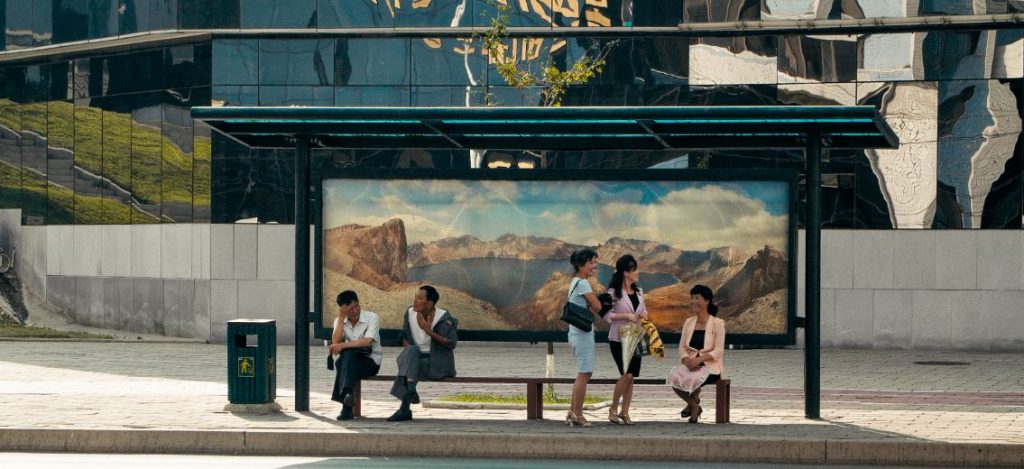
by Ron Bernthal
Two years ago a film team from the Swiss Alpine Museum, in Bern, Switzerland, toured the mountainous Korean peninsula during the brief thaw in relations between the two Koreas (2018/19). The micro-stories captured on film and in photographs are part of the exhibition called “Let’s Talk about Mountains,” which will be shown at the Swiss Alpine Museum until July 3, 2022.
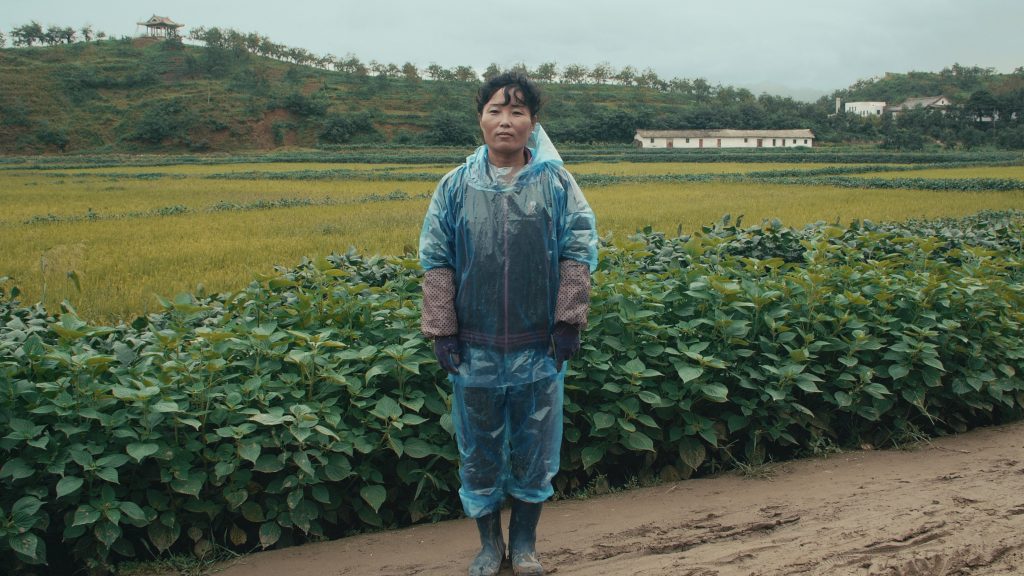
“It was the most laborious and difficult project we’ve ever tackled, but it
was worth it,” said Swiss Alpine Museum director and curator Beat Hächler, along with Gian Suhner, a noted filmmaker and director from Chur, Switzerland and Berlin, after looking back at their unique adventure in North Korea, which is regarded as one of the most inaccessible countries in the world.
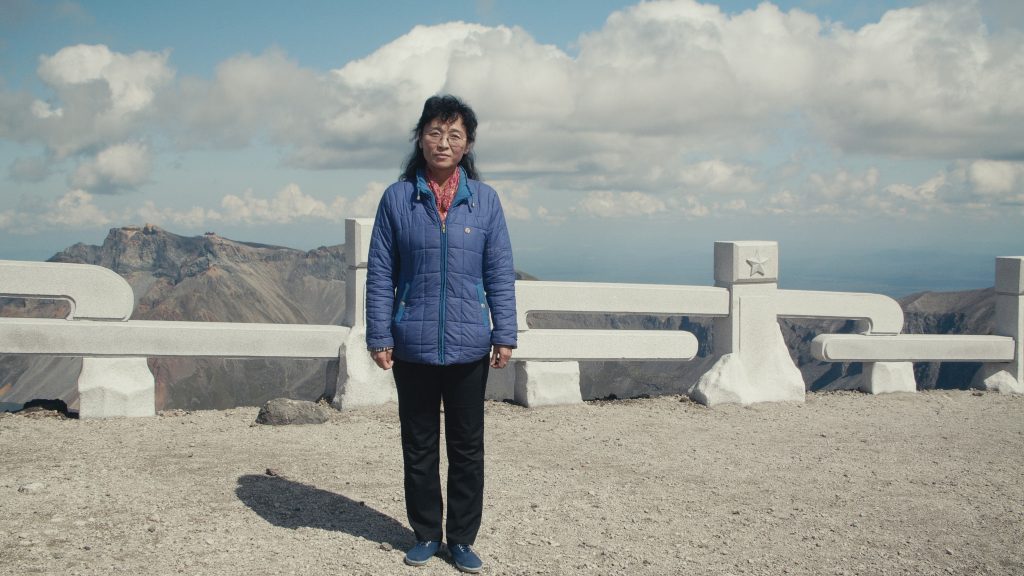
Totalitarian dictatorship, human rights abuses, food crises, and aggressive military posturing are just some of the things that come to mind when most westerners hear the words “North Korea”. But most people really have no idea about what life is really like for the 25.5 million North Koreans who live there, or what they think about the world.
“The fact that we in the West have such a glaring lack of knowledge about
this country is partly our own fault, and partly due to the isolation that has
been imposed on North Korea,” said Rüdiger Frank, a distinguished North
Korea expert and co-author of the magazine accompanying the exhibition.
“Creative approaches are needed if we want to take a closer look. This
attempt by the Alpine Museum to look at the theme of mountains is one
such approach.”North Korea is three times the size of Switzerland and 80 percent of its territory consists of hills and mountains. A landscape like this shapes the people there as much as it does in Switzerland; mountains are part of their identity, culture, and economy.
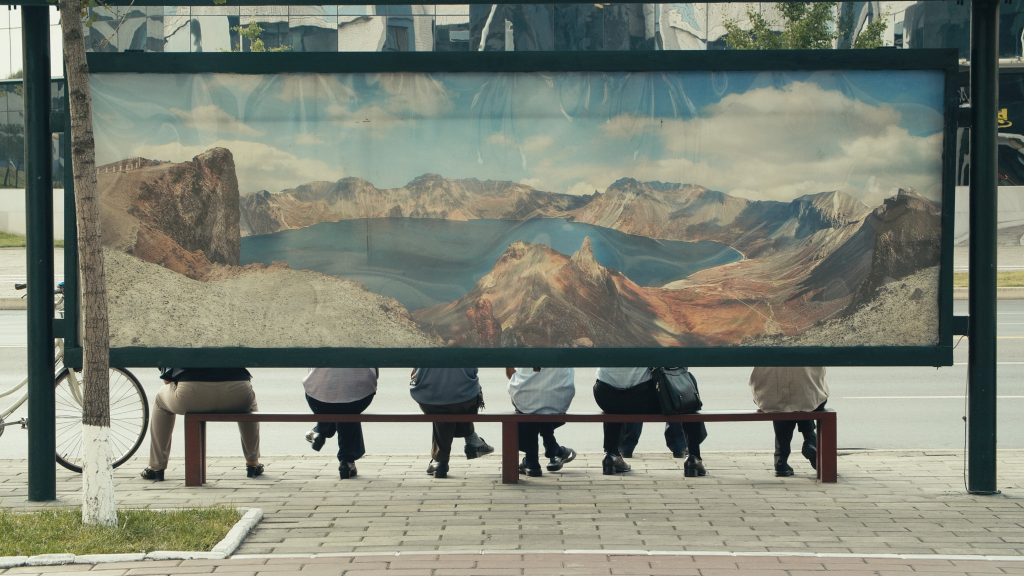
Mountains have multiple layers of meaning, which allows them to open
doors in conversations and reveal just as many layers. “We went there
in order to ask questions and to listen, without making snap judgements,”
said Beat Hächler, of the Swiss Alpine Museum. This attitude enabled them to realize that alongside all the differences, there were also similarities, and alongside all the unsettling aspects, there was also beauty, adds Rüdiger Frank. “This teaches us a great deal about North Korea, but also about ourselves.”
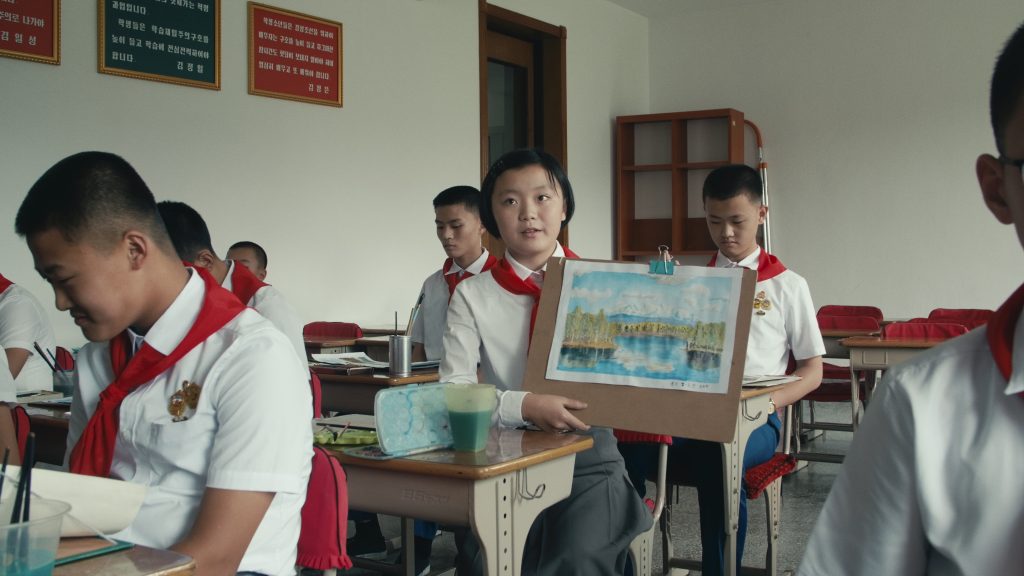
You wouldn’t think that North Korea and Switzerland have much in common but in fact they share a love of mountaineering. That’s why a Swiss film crew travelled to several mountain ranges in North Korea, from Kumgangsan at the South Korean border to Paektu, which crosses the Chinese border and is the highest peak in northeast China.
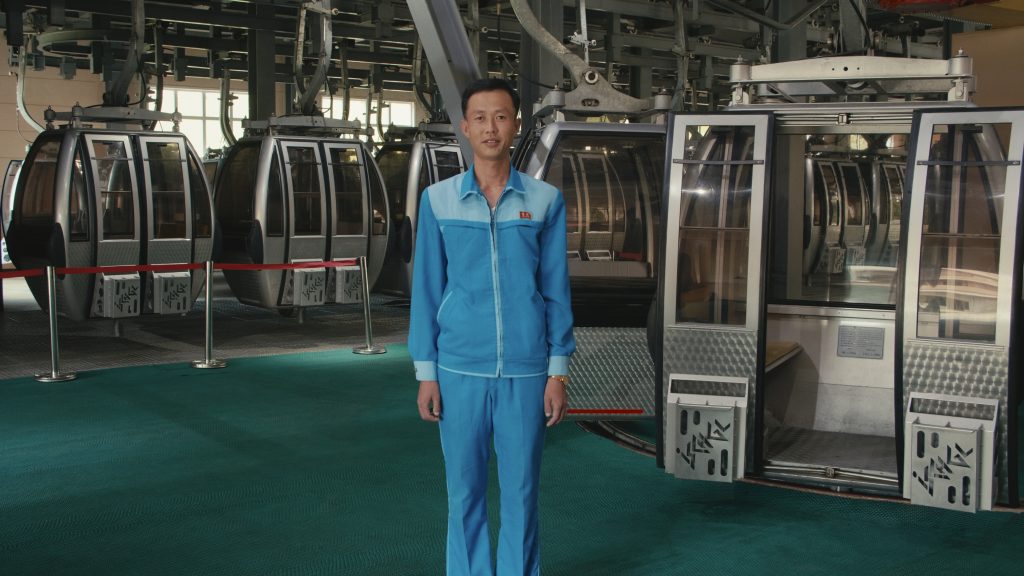
The goal was to capture a different version of life in a mostly unknown society and the results are now n display at the Swiss Alpine Museum in Bern. “We saw hiking groups in shorts, sometimes quite loud and cheerful,” said Beat Hächler. “It had almost an Italian touch.” The museum exhibition displays 40 individual conversations, offering a glimpse into the life of North Korean teachers, ski instructors and other people living around the mountain ranges. “The plan is to invite the South and North Korean embassy delegations to the exhibition, separately, of course, but at a time of renewed tension it might yet offer an opportunity for connection across the Korean peninsula,” added Hächler .
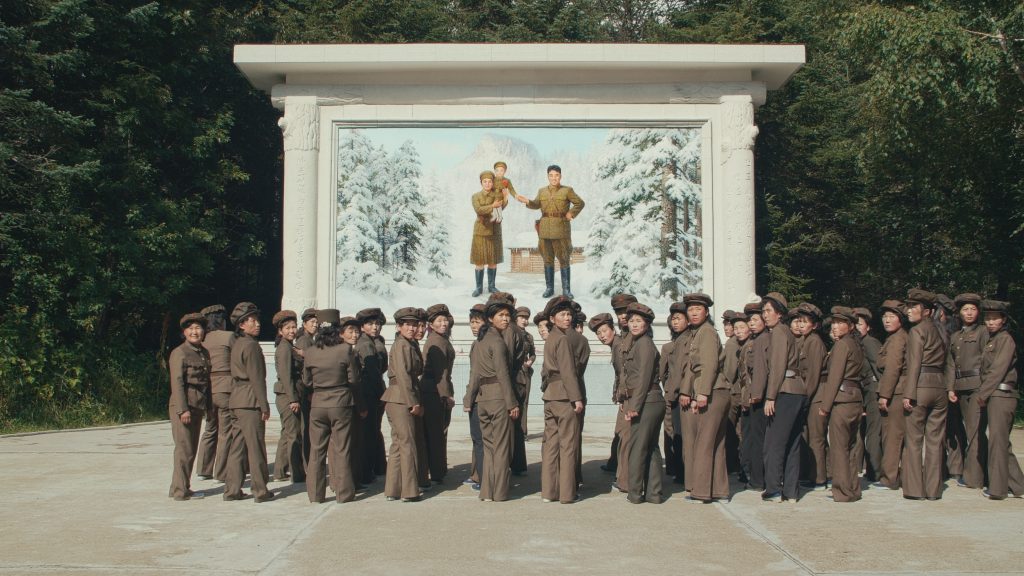
“The pace of the film’s visuals and interviews is slow. This gives the audience the opportunity to engage with individual encounters and discoveries,” says Gian Suhner, who shot over forty hours of film with his team (cinematographer Katharina Schelling and Denis Elmaci on sound), and then worked with Beat Hächler to condense it down to the “exhibition trail”.
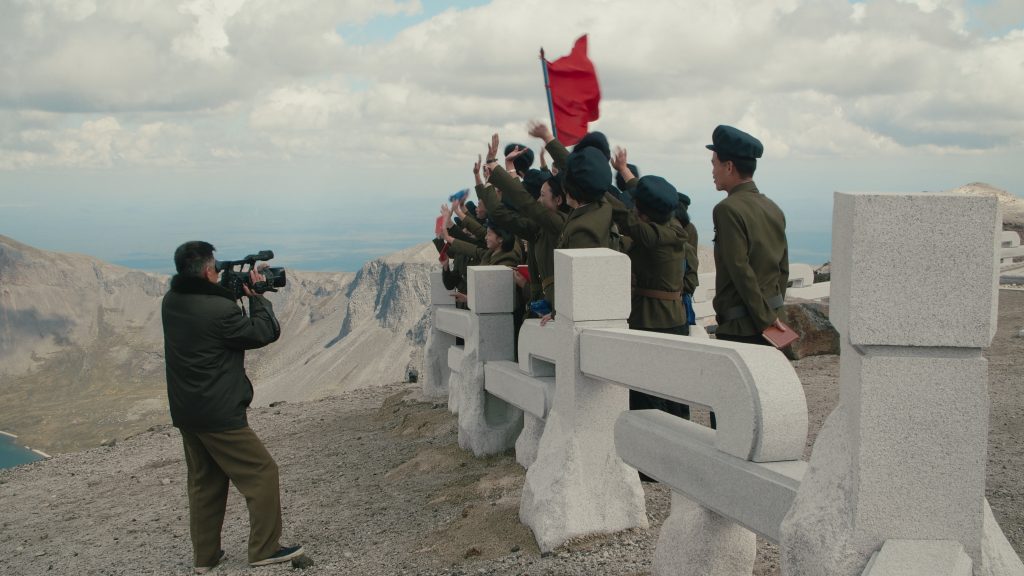
The journey went from the metropolis of Pyongyang, with its three million inhabitants, to Paektu, the “sacred mountain of the revolution”, and from there on to the Kumgang mountain range near the demilitarized zone separating the two Koreas, before concluding at Hallasan, a mountain on the border.
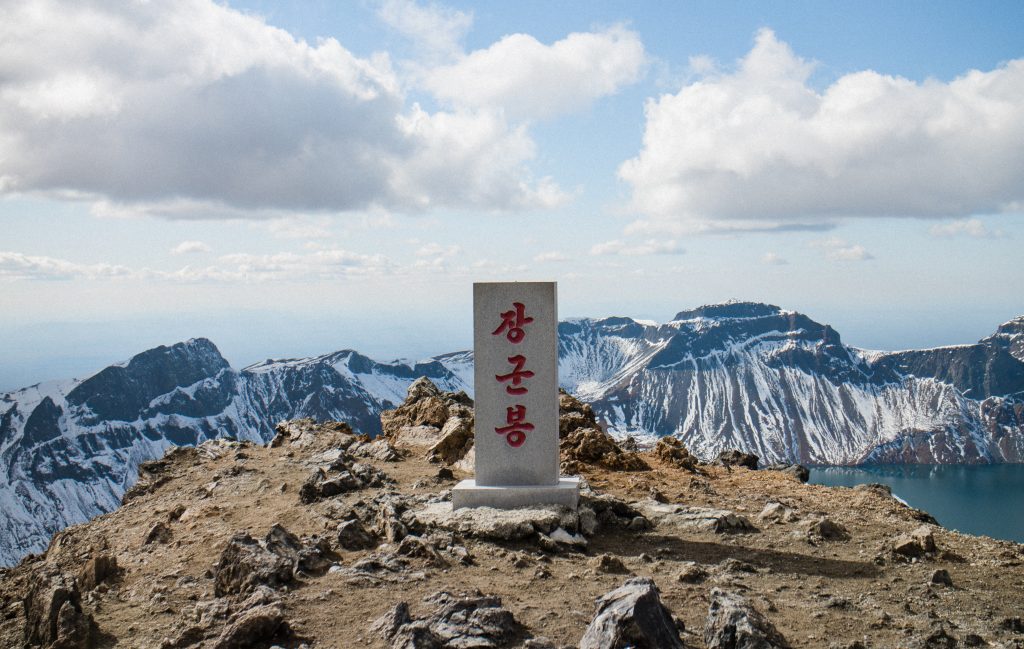
The interviews and large-scale projections open our eyes to the country’s
schools, leisure activities, art, and tourism. The film team was able to acquire virtually all its planned footage, invariably accompanied by two
guides from the state cultural committee, who organized the daily itinerary
and translated everything from Korean to English.
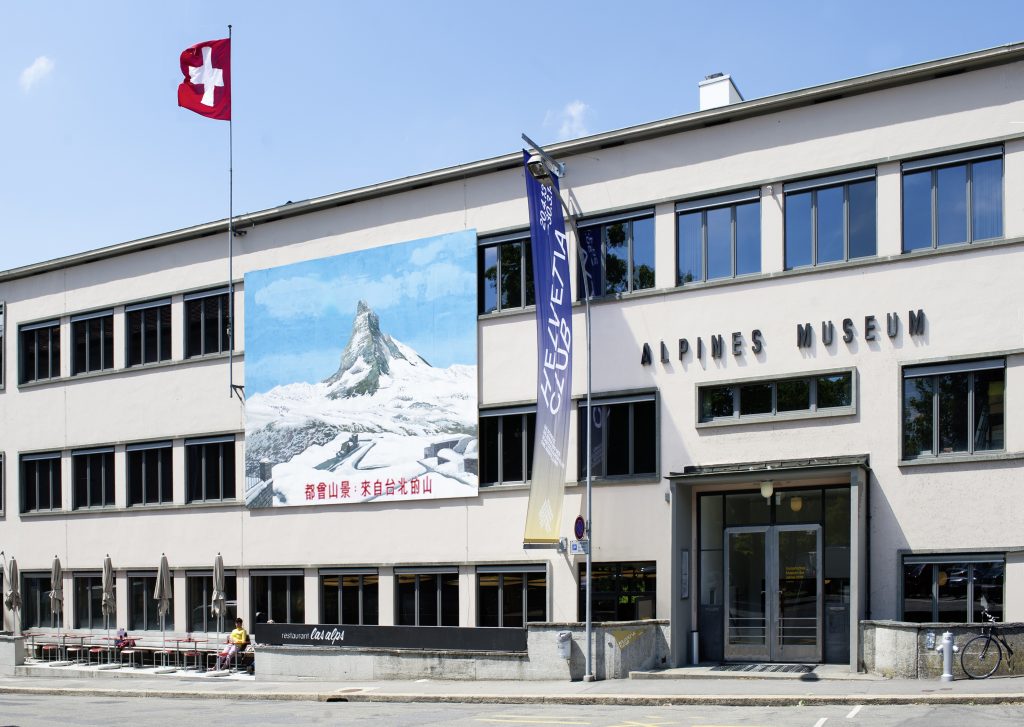
“The images in the film don’t add their own comment, but of course we’re
looking for people to go into greater depth and engage in active debate,”
says Beat Hächler. In the Alpine Museum’s final exhibition room, visitors can leave their comments and questions, and these will be regularly published and discussed with experts. A 200-page illustrated magazine (in German) provides contextual information for visitors to read before, during, or after the exhibition. And for everyone six to 100-years old there is an audio track on which the travellers talk about their additional experiences that you don’t get to see on the film.
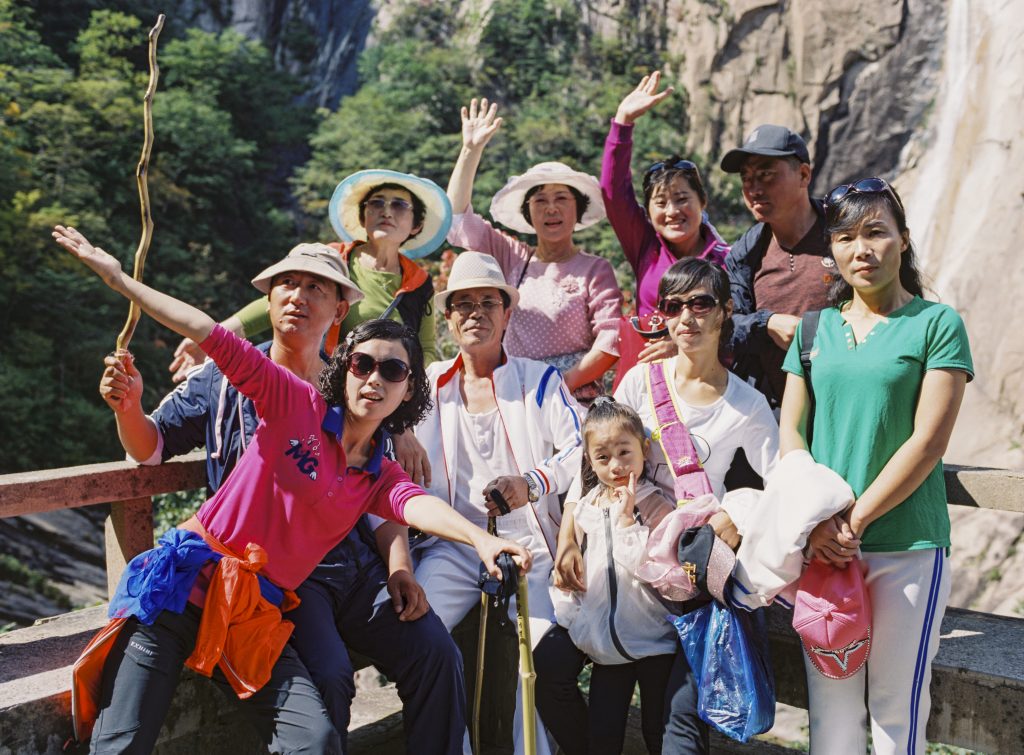
The accompanying program to “Let’s Talk about Mountains” was developed in cooperation with the Kunstmuseum Bern, which is presenting a somewhat companion exhibition called “Border Crossings – North and South Korean Art from the Sigg Collection” – from April 30 to September 5, 2021. During this period, visitors to the “Let’s Talk about Mountains” exhibit at Bern’s Swiss Alpine Museum can obtain a reduced admission ticket for the Korea exhibition at Bern’s Kunstmuseum. The “Let’s Talk about Mountains” exhibit at Swiss Alpine Museum will end on July 3, 2022.
